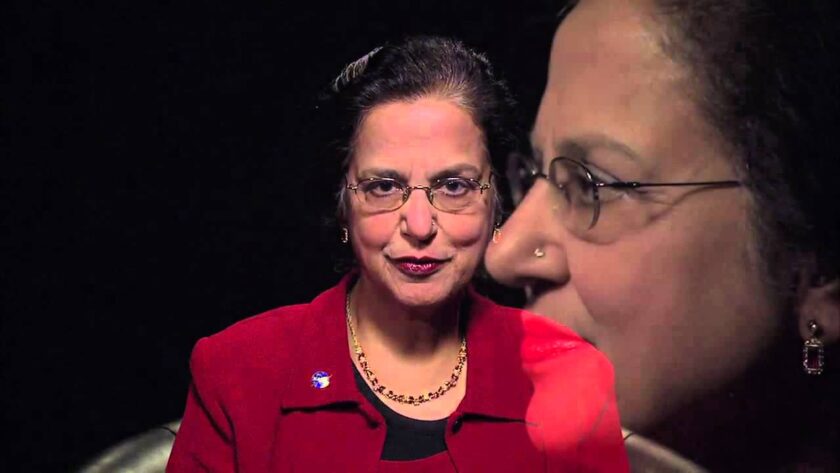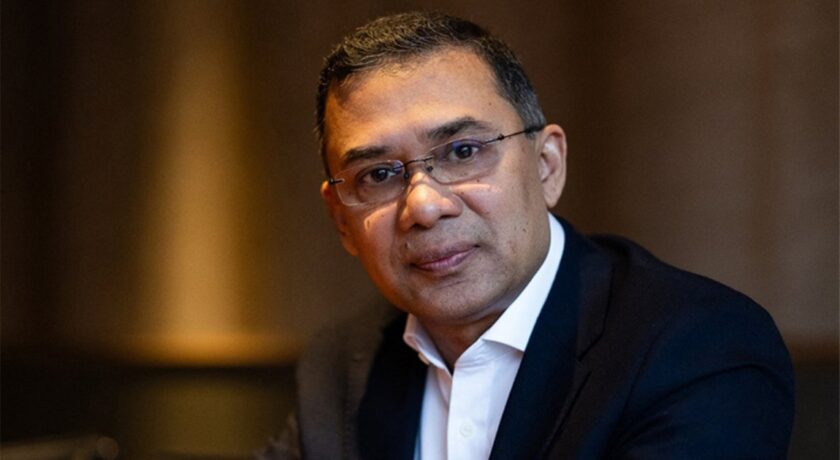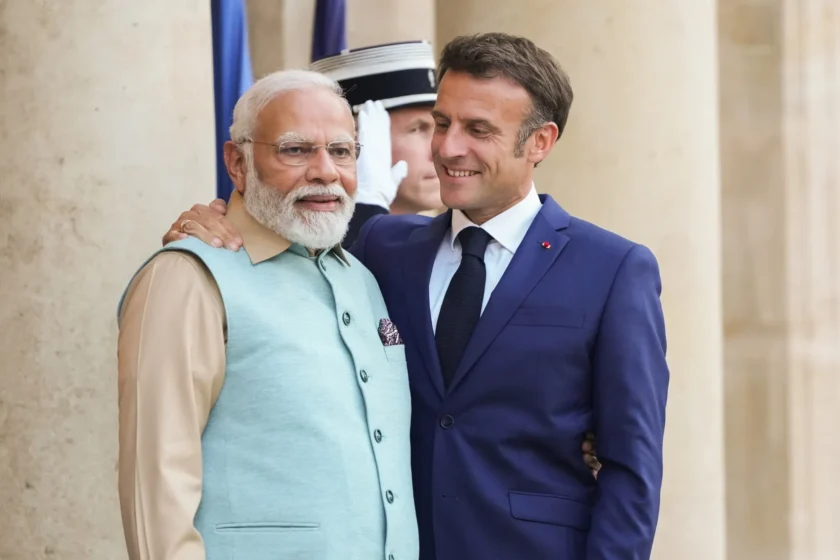Berlin: The world will come together to commemorate the 80th anniversary of the liberation of Auschwitz, the largest of the Nazi extermination camps. This solemn event serves as a reminder of the atrocities of the Holocaust, during which six million European Jews were murdered by Nazi Germany, including one million at Auschwitz alone, along with 100,000 non-Jewish victims.
The anniversary will feature a poignant ceremony outside the gates of Auschwitz II-Birkenau, beginning at 1500 GMT. Approximately 50 survivors will join hundreds of dignitaries, including French President Emmanuel Macron, British King Charles III, Israeli Education Minister Yoav Kisch, and German President Frank-Walter Steinmeier. Polish President Andrzej Duda is also expected to lay flowers at the Wall of Death in the camp earlier in the day.
According to Auschwitz Museum spokesperson Pawel Sawicki, the focus this year will be on the survivors and their stories. “There will not be any speeches by politicians,” Sawicki emphasized, underscoring the importance of preserving the memories of those who endured the horrors of the Holocaust.
The Urgency of Memory
As the number of Holocaust survivors dwindles, this year’s commemoration carries a particular significance. Sawicki acknowledged that it may be one of the last major anniversaries attended by survivors in significant numbers. “We all know that in 10 years, it will not be possible to have a large group for the 90th anniversary,” he noted.
Interviews conducted by AFP in the lead-up to the anniversary revealed survivors’ concerns about the rising tide of anti-Semitism and intolerance globally. Many stressed the importance of remembering the Holocaust to prevent history from repeating itself.
For survivors like Marta Neuwirth, 95, who was transported to Auschwitz from Hungary at the age of 15, the memories remain vivid. “How did the world allow Auschwitz?” she asked, her voice reflecting both pain and disbelief.

Stories of Resilience
Survivors from around the world, including Israel, Canada, South Africa, and Argentina, have shared their experiences with younger generations in the hopes of keeping the memory of the Holocaust alive. Julia Wallach, a nearly 100-year-old Parisian who narrowly escaped death at Birkenau, struggles to speak about her ordeal without breaking down. Yet, she remains committed to telling her story, saying, “As long as I can do it, I will do it.”
One such act of remembrance was carried out last month by 97-year-old Esther Senot, who braved the Polish winter to return to Birkenau with French high school students. She fulfilled a promise she made to her dying sister in 1944: to “tell what happened to us so that we are not forgotten by history.”
A Global Call to Action
This year’s ceremony also comes against the backdrop of geopolitical tensions. For the second year, Russia has been excluded from the event due to its invasion of Ukraine. Meanwhile, controversy arose surrounding speculation that Israeli Prime Minister Benjamin Netanyahu might attend. While he ultimately did not confirm plans to visit, the Polish government had affirmed it would not detain him despite a warrant issued by the International Criminal Court for alleged war crimes.
As the world observes Holocaust Remembrance Day on January 27, designated by the United Nations, the voices of Auschwitz survivors serve as a collective call to action. Their testimonies urge the global community to confront intolerance, combat anti-Semitism, and ensure that the lessons of the past remain firmly embedded in humanity’s consciousness.
For survivor families and future generations, the words of those who lived through the Holocaust hold an enduring power: to remember is to resist forgetting, and to resist forgetting is to safeguard the future.









